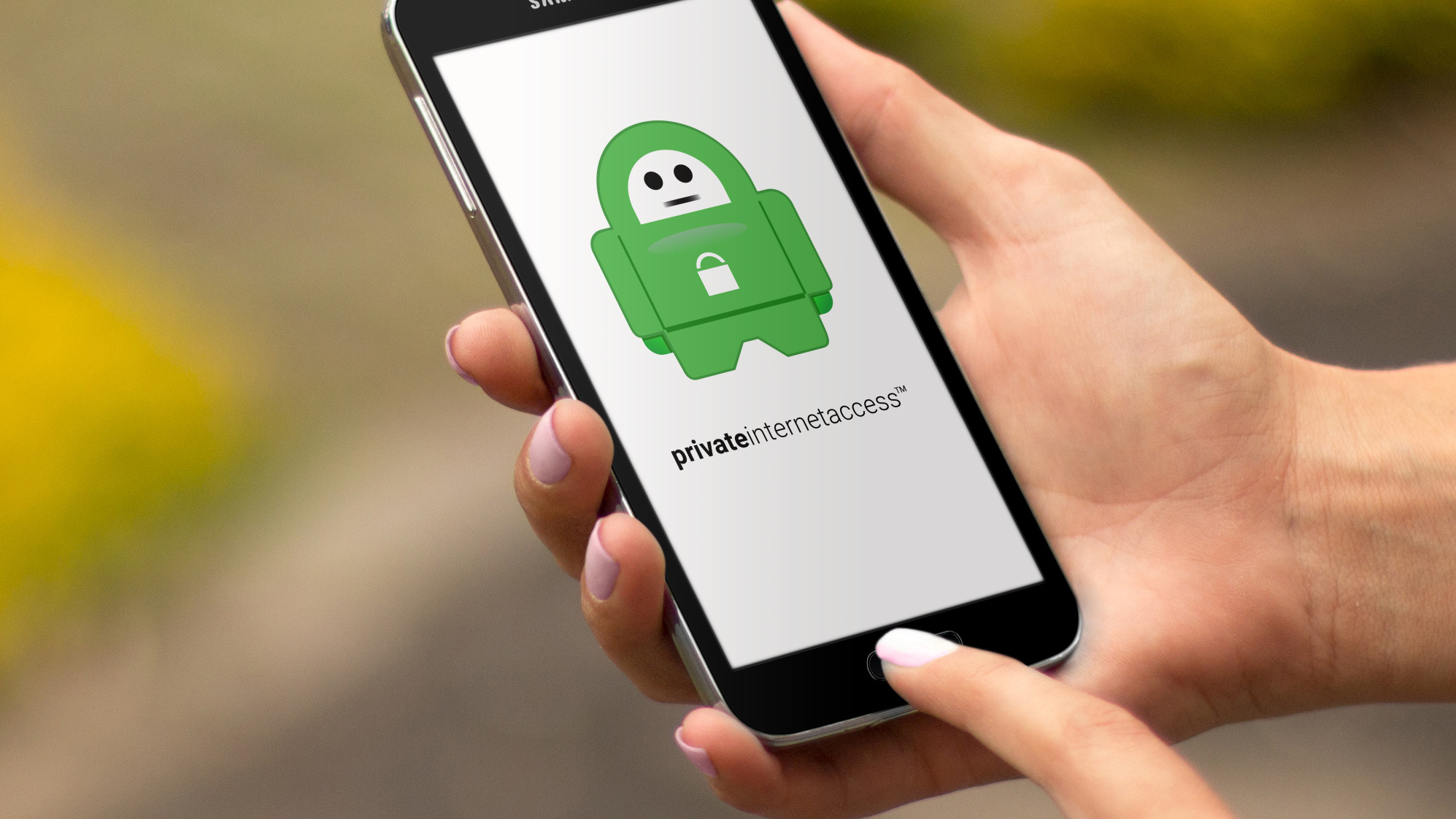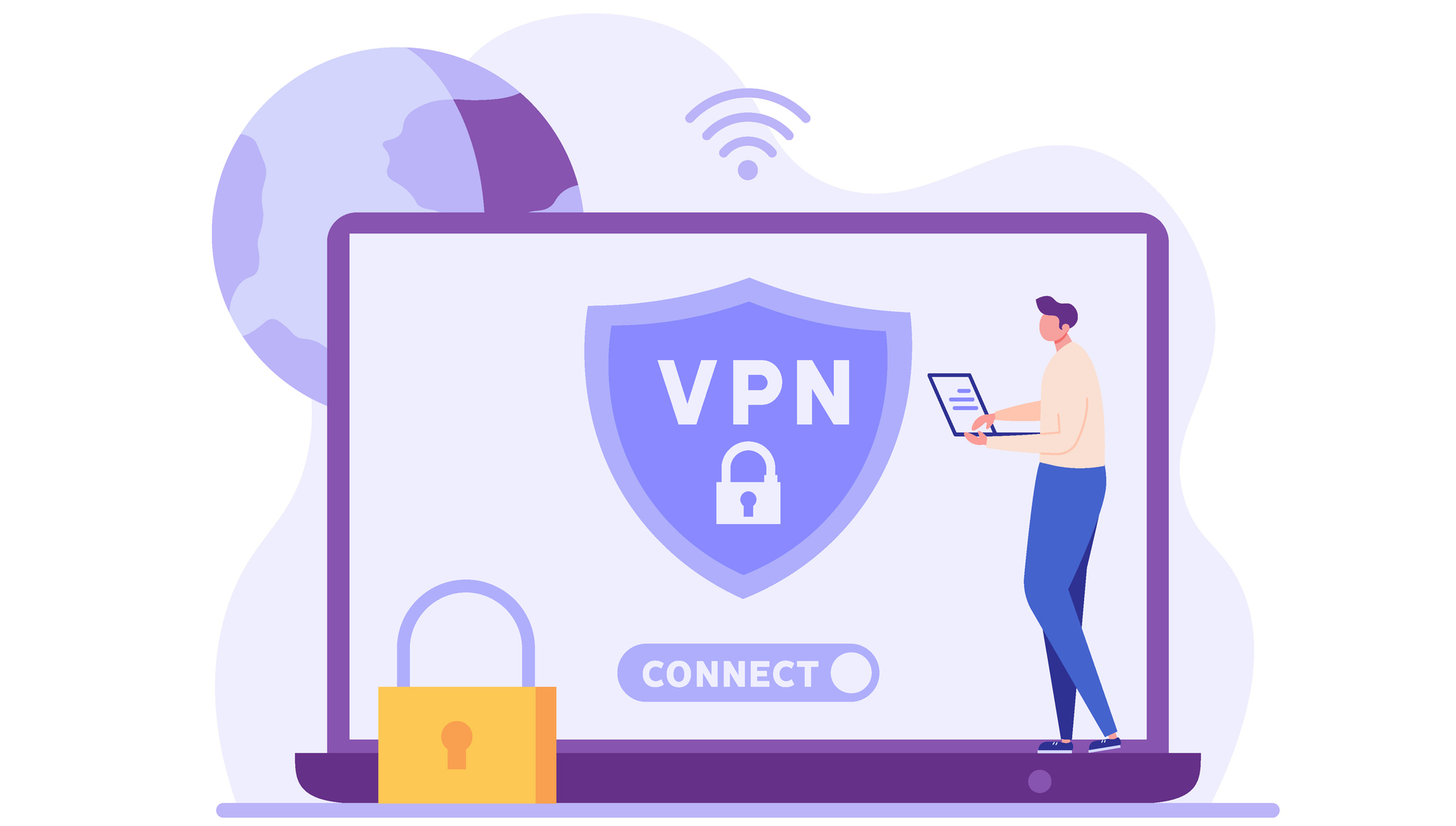
The VPN market moves seriously fast. In a short space of time, a VPN provider may significantly expand its server network, completely change its privacy policy, or add a whole host of shiny new features.
Of course, not all developments are for the better, and one VPN improving its offering can be to the detriment of others that fall in the pecking order as a result. The constant state of flux is a reason why we test (and retest) VPNs on a regular basis.
Our latest round of testing saw Private Internet Access (PIA) fall outside the top five in our best VPN rankings. That’s not to say PIA has taken a step back in quality, however, and it’s still a great value VPN with intriguing extras. Still, because of the bigger strides other VPNs are taking, it's no longer a top contender in our shortlist. Read on, and I'll explain into why.
Reason #1: intimidating apps
You have everything you need to browse the web securely within PIA’s apps. Your connection is secured with 256-bit AES encryption, you’re protected from DNS leaks, and there’s an excellent kill switch to boot that'll ensure you don't leak any identifiable information.
Although there are plenty of advanced features that experienced VPN users will appreciate, such as port forwarding and split tunneling, some of these customizable extras may be daunting if your only goal is to unblock geo-restricted streaming platforms.
That PIA’s desktop app is hidden away in your system tray is another sign that it’s perhaps not the most beginner-friendly. If it’s your first time using a VPN, or you’re not familiar with the PIA app, you’d be forgiven for thinking it disappeared or shut down. Fortunately, there's an option to switch to a window view instead.

Wondering which VPN is the best pick for newbies? Check out our guide to today's best beginner VPNs.
Upon opening the PIA app, you’re met with a simple home screen with a quick connect button, a shortcut to the VPN server list, and key information such as your IP address and, once connected, the VPN IP address. Expand this and you’ll find a mass of options including information on performance, your connection, and even a VPN snooze feature, all of which can be pinned onto the home screen.
This info is all highly configurable. You can add or remove each setting with a click or drag and drop them in your preferred order. Experienced VPN users will appreciate this – but if you’re a VPN newbie, all of this clutter competing for your attention can feel a bit much.
If you’re seeking a more stripped-down and user-friendly app interface, you’ll be better off with ExpressVPN. It’s my top recommendation for new users thanks to easy-to-navigate apps and excellent 24/7 live chat and email customer support.
Reason 2: lackluster speeds
A VPN safeguards your digital privacy by routing your internet traffic via a secure, encrypted tunnel through its servers before it continues on to the internet.
These extra steps can negatively impact your connection speed, however. The extent of the slowdown (and whether it's noticeable) depends on a few factors such as the VPN protocol used and the distance between your real location and the VPN server.
Everyday browsing doesn't require blazing-fast speeds – but a lackluster VPN can slow your experience to a sluggish crawl. This is especially true when it comes to streaming, video calls, and gaming,
The fastest VPNs offer unlimited bandwidth and use lightweight, speed-optimized VPN protocols such as WireGuard. This allows for seamless streaming in HD and even 4K resolution, all without having to contend with performance issues.
Unfortunately, PIA just isn’t able to keep up with our other top VPNs when it comes to speed. When using PIA via the WireGuard protocol, it averaged 436 Mbps. Although that’s by no means slow, it’s still some way behind the likes of Surfshark and NordVPN, both of which maxed out at over 950 Mbps. With speeds like that, it’s little wonder that NordVPN is our best streaming VPN.
It was a similar story when we used OpenVPN. PIA averaged just 257 Mbps, which isn’t great news if you’re a fan of this tried-and-true protocol, particularly when Surfshark averaged 460 Mbps.
Having said all this, PIA is still more than capable of handling streaming, gaming, and torrenting sessions. It’s just that there are faster options on the market.
Reason 3: unimpressive customer service
Having experienced a serious technical issue when attempting to test Private Internet Access, our lead tester, Mike Williams, raised the issue with PIA’s customer support. The problem in question was that PIA refused to connect with both the WireGuard and OpenVPN protocols.
PIA’s support was initially responsive, guiding Mike through the usual troubleshooting steps including uninstalling and reinstalling the PIA app. However, this was all despite Mike explaining that he'd already gone through these steps to no success.
We assume the issue has been escalated to PIA developers, but the lack of a reply is disappointing
The suggestion failed to solve the issue, so the temporary solution proposed by PIA was to use an old version of the app in the meantime.
Mike replied to customer support with detailed information about the issue but PIA did not provide an answer in the following week. We assume that the issue has been escalated to PIA developers, but the lack of a reply has been disappointing.
It’s fair to say that the quality of customer support a VPN provides is relative to its subscription prices. Although ExpressVPN is pricier than PIA, part of that higher subscription fee goes towards what is arguably the best support of any VPN on the market. This is part of what makes ExpressVPN one of today's best, and most reliable, VPNs.
Bottom line
PIA does a lot very well. It’s as secure a VPN as you could hope for, provides a ton of advanced features, and also has a generous server network. It’s just that it falls a little short compared to the top providers when it comes to our testing criteria, such as server speed and unblocking.
PIA’s lack of responsiveness regarding our serious technical issue during recent testing shows that there’s room for improvement. Beginners may find the app's offering a little overwhelming, too, with its mass of customizable options.
However, it’s this customizability that makes PIA a solid pick for power users at what remains a very competitive price.







